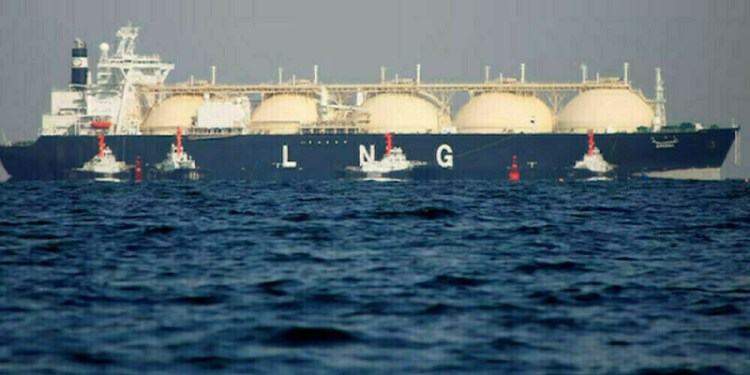* Average 2015 output up about 9 percent from 2014
* Fewer unplanned shutdowns than 2014
* Field plays role in pricing global oil exports
By Alex Lawler
LONDON, Sept 8 (Reuters) – The North Sea Buzzard oilfield, which plays a role in pricing global crude exports, is pumping more oil this year and operating more reliably, industry sources said, boosting supply of crude that helps underpin the Brent benchmark.
Unplanned shutdowns at the British field can boost Brent prices and lead to higher price premiums of Brent futures for immediate delivery (LCOc1-LCOc2) – leading to volatilty unwelcomed by traders caught on the wrong side of the move.
Buzzard is operated by Nexen (KSE: 005720.KS – news) , a unit of Chinese state company CNOOC (HKSE: 0883.HK – news) . Other field partners are Suncor Energy Inc (Toronto: SU.TO – news) and Britain’s BG Group (LSE: BG.L – news) , which is being bought by Royal Dutch Shell (Xetra: R6C1.DE – news) .
Last year, production averaged about 154,000 barrels per day (bpd), according to UK government data. So far this year, average output has come up to about 168,000 bpd thanks in part to fewer outages, the sources said.
“Production has been pretty stable all year,” said an industry source. “The field is doing well.”
Buzzard pumps less than 0.2 percent of daily world oil supply but it is the largest field contributing to Forties blend, the most important of the four North Sea crude grades underpinning the Brent benchmark.
This location, at the centre of the benchmark used to price two thirds of he world’s oil, gives the field a bigger impact on pricing than its size would otherwise justify.
In 2014, Reuters reported on at least six unplanned shutdowns or production glitches at Buzzard. So far this year, only one outage has been reported and a planned shutdown is scheduled for October.
More reliable output is helping lead to more stable exports of Forties crude blend, in contrast to 2014 when cargoes often faced delays in their loading dates.
Nexen in early 2014 said it was targeting improved reliability at Buzzard and detailed steps it had taken in order to achieve this, such as improving the information available to workers in the field’s control room.
The company declined to comment on Buzzard’s performance on Tuesday. (Editing by William Hardy)




























